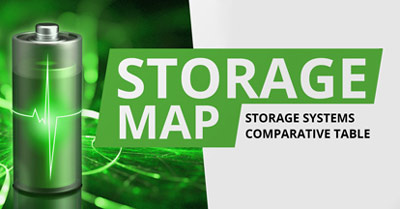Given the forecasted expansion of the battery market and the strong predominance of Asian and US producers, Europe, which today produces only 6% of lithium batteries, decided to focus on this highly strategic sector for the transition energy, both for electric mobility and for the stationary accumulation of energy.
This is the reason why, the EU decided to invest on the availability of raw materials, production technology and know-how, challenging countries that are already a step forward.
An organization called “European Battery Alliance” (EBA) was therefore founded in October 2017. It involves more than 120 characters, including industrial operators, public bodies of various states and the European investment bank.
Goals of EBA:
» Developing innovation and battery technology;
» Ensuring rules for production and recycling;
» guarantee the possibility to access to raw materials for battery production;
» supporting cell and battery production facilities, with an organised value chain in Europe.
Since the launch of the European Battery Alliance, there have already been tangible developments, with announcements of industrial consortia or partnerships.
The first pilot production plants are also under construction and further projects are announced, which can relaunch the EU as a main character in the strategic sector of innovation and production of the batteries.
Horizon 2020 programme
Since January 2019, various calls have been made in the Horizon 2020 programme, in sectors related to batteries for a total amount of 114 million euro. Additionally, in 2020, other € 70 million will be allocated.
Gigafactories in Europe
According to some forecasts, in Europe, It could be possible to produce batteries for 250 billion euros from 2025.
This corresponds to about 35% of the global requirement, estimated at around 650 GWh.
It is also forecasted that the coverage of the single EU demand would require at least 10 to 20 gigafactories (large-scale battery cell production facilities).






